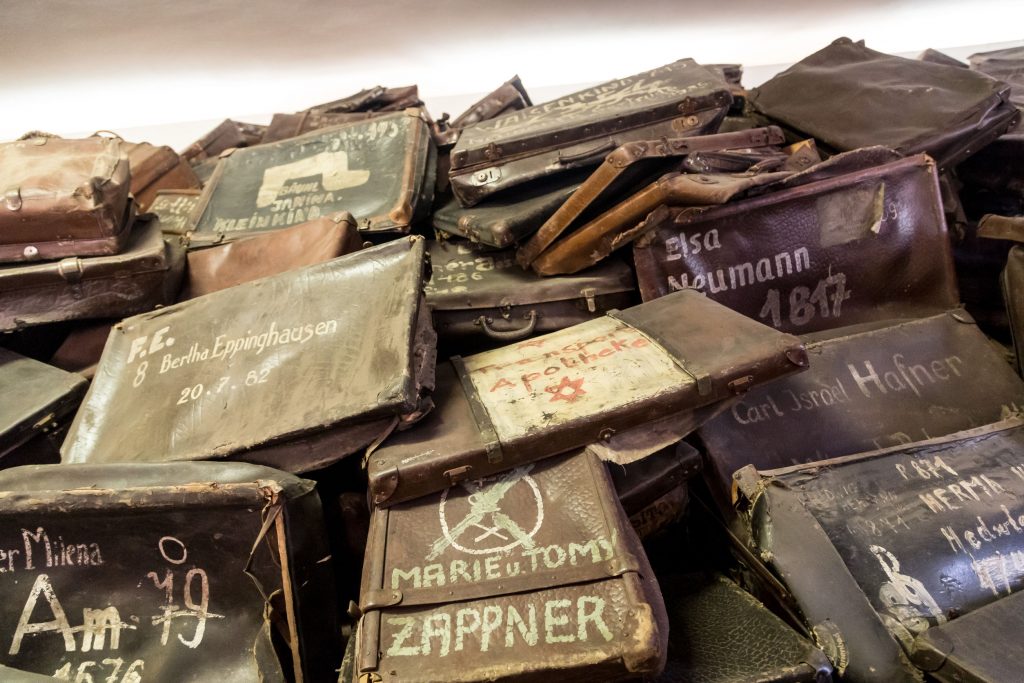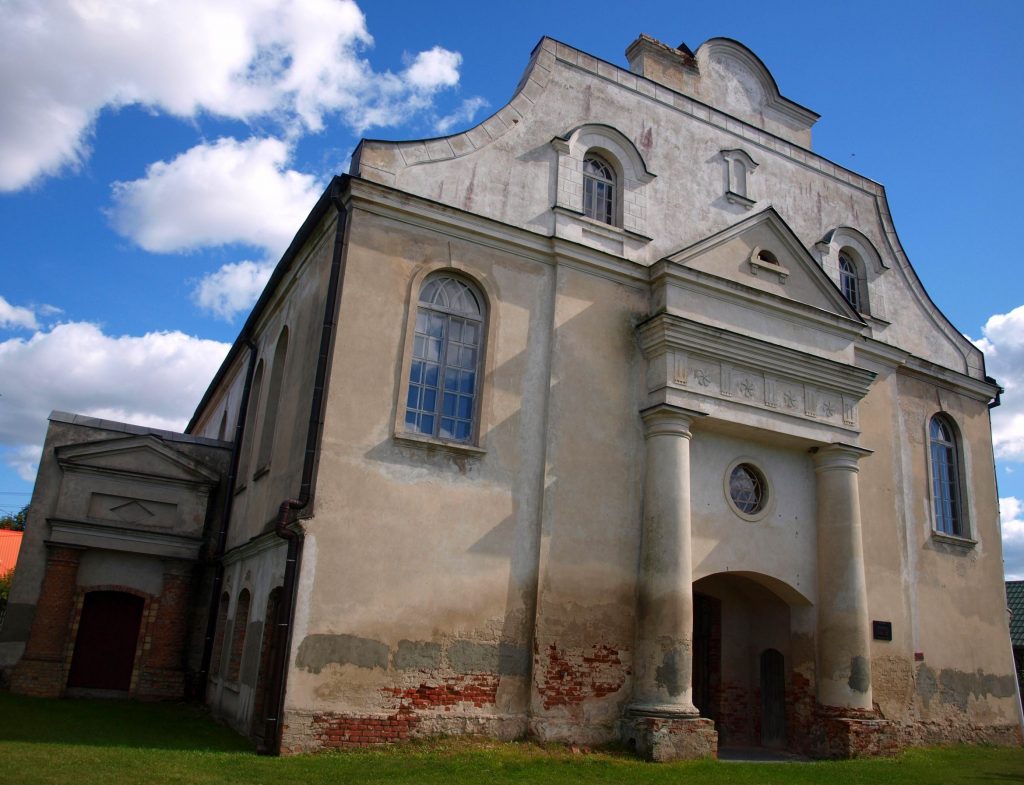Jewish property looted by the Nazi not yet returned by Eastern European countries
When it comes to the Nazi plunder, the media mostly focused on the exceptional while the every-day effects of what the Jewish community has called “the largest theft in history” has gotten less attention. But a new study sheds light on the restitution process and the strenuous that survivors of the Holocaust had to go through to recoup what was rightfully theirs.
The European Shoah Legacy Institute recently published the most comprehensible report on the status of post-Holocaust restitution. They examined private, communal, and heirless property as discrete components of each country’s restitution efforts from 1944 to 2016 and released a report for each state.
The state and also private citizens were the beneficiaries of the Nazi instituted looting and sometimes even neighbors and friend became profiteers. It was a mercilessly theft with Jewish property being stolen even before the eyes. When handfuls of Jews began to come home after the war, their property was sometimes returned to them without any fuss, but this tended to be the exception
rather than the rule.
While the Jewish community has worked with states in order to put in place laws and guidelines for the restitution process, in some, especially Eastern European countries, this is still an issue and Holocaust survivors are still waiting for their properties.

The report found that Poland, a country which lost an estimated 91% of its Jewish population, and Bosnia-Herzegovina have only partially complied with the restitution provisions. The two states stand alone as the only countries that have failed to establish a comprehensive private property restitution regime for property taken either during the Holocaust or Communist eras, or one that addresses both types of takings.
Eastern Europe‘s situation is rather different than that of Western states as the Communist regime made restitution impossible in the after-math of the Second World War and the Socialists states begun an ample campaign of nationalization. This is not the case in Western Europe where countries started the restitution process after the end of the war.
After the fall of the Iron Curtain, states started to develop and enact legislation to give back stolen property, not only to the Jewish community but also property taken by the Communist state. While most of the countries agreed with and tried to comply with the Terezin Declaration and its subsequent guidelines and best practices, there are some notable exceptions.

Poland and Bosnia-Herzegovina might still be missing a comprehensible system for returning private property, in Croatia, Lithuania, Macedonia, and Slovenia, the restitution process is limited by the fact that only citizens of the respective countries are eligible.
But the restitution of apartments, homes and land is just one part of the entire process. Many have only partially complied with the provision of giving back the communal property, like synagogues and other community buildings, that belonged to Jewish and non-Jewish organizations. In Bosnia-Herzegovina and Montenegro there isn’t even a law for communal property restitution and in Poland, fewer than half of 5,550 Jewish communal property claims filed under the 1997 restitution law have been adjudicated, the ESLI report finds.
In Latvia, Ownership over many formerly Jewish communal properties remains in dispute and are not subject to current restitution legislation while in Croatia, the post-1990 laws only cover Communist confiscations, excluding those during the Holocaust.
Six million Jews died during the Holocaust and some countries lost more than half of their Jewish population. This posed another thorny legal question, that of what happens to the heirless property. The Jewish community decided that is should be used to help the its poorest members. Austria, Belgium, France, Germany, Greece, Hungary, Italy, Macedonia, the Netherlands, Norway, Romania, Serbia, and Slovakia have all enacted heirless property legislation.
But the new report points out that while the laws might be written down, it does not automatically imply that they are enacted in the spirit in which they were intended. In Romania, the study shows, the legislation was never implemented in a meaningful manner while in Hungary it failed to address the value of all heirless property.
“This thorough and historic report lays out in detail what has been achieved and what still remains to be done. As the report notes, ordinary laws are for ordinary events, but the Holocaust calls for extraordinary laws to address and properly compensate for the huge injustice that was inflicted on Jewish people and other persecuted groups,” said ESLI Director Anezka Nekovarova about the study.
ELSI concluded that more than 70 years after the Second World War, there is still a “substantial amount” of Jewish property that needs to be returned to their owners or be used to help the poorest of the Holocaust survivors. And Easter European states in particular have to do more to compensate the Jewish community.